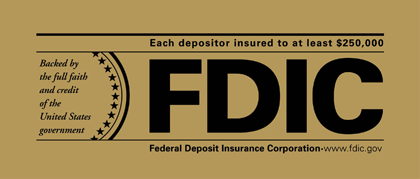The FDIC chairman said US regulators are reviewing guidelines for banks to manage money
Jelena McWilliams, president of the Federal Deposit Insurance Corporation (FDIC), said the agency is working with other regulators in the United States to find out “under what circumstances banks could engage in activities related to crypto assets”.
In a keynote address at the Money20/20 fintech conference on October 25, McWilliams said that the FDIC is working with the Federal Reserve and the Office of the Comptroller of the Currency to provide regulatory clarity so that banks can start using crypto Handle assets, including stablecoins. The chairman said the FDIC plans to issue “a series of policy statements” on guidelines for banks in the coming months.
According to McWilliams, stablecoins have many potential benefits for consumers, such as faster, cheaper, and more efficient payments. However, she said that if “one or more forms of payment become the predominant form of payment in the United States or worldwide”, as funds are no longer held with insured banks, could have a significant impact on the country’s financial stability.
“In order to realize the potential benefits of stablecoins while taking into account the potential risks, stablecoins are subject to appropriate government supervision,” said the FDIC president. “This oversight should be based on the fact that stablecoins issued from outside the banking sector are actually backed 1: 1 by secure, highly liquid assets.”
Related: SEC chairman compares stablecoins with poker chips in casinos
McWilliams’ comments came the same day Bloomberg reported that multiple U.S. regulators agreed that the Securities and Exchange Commission would lead the country’s efforts to regulate stablecoins. The Treasury Department announced in July that it was considering creating some sort of banking charter for stablecoin issuers.
The apparent lack of regulatory clarity regarding digital assets in the United States is a problem for many companies fearful of legal action or other forms of government backlash. Several lawmakers have enacted laws for U.S. regulators to work with participants in the crypto space to better define what to expect from them.
.
.






















